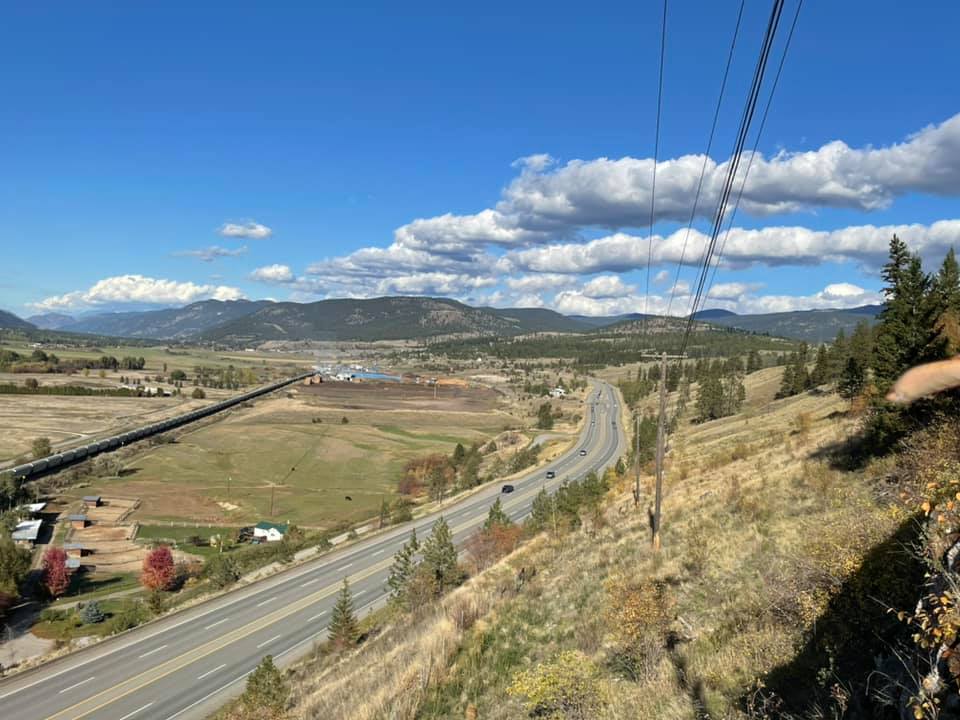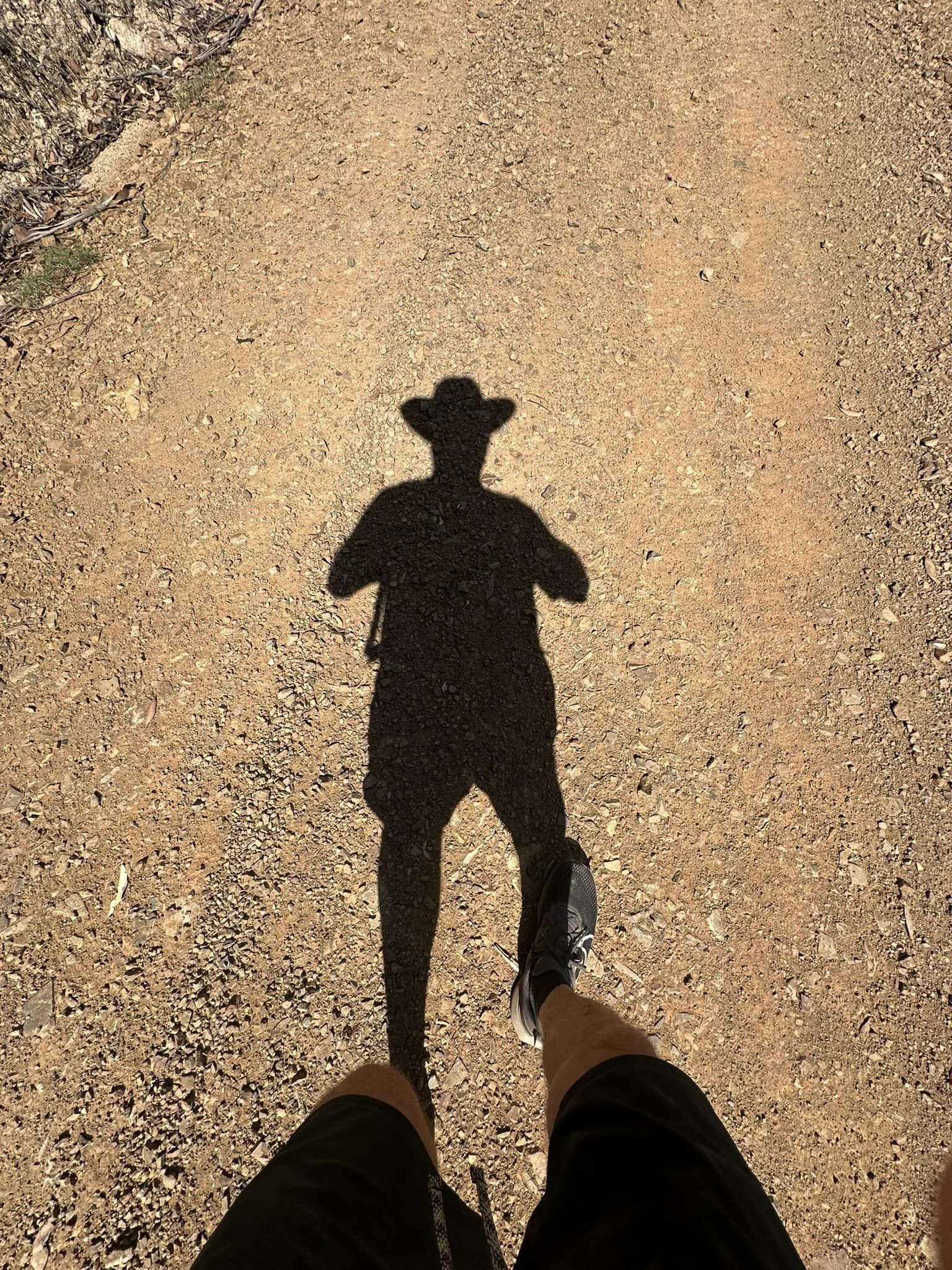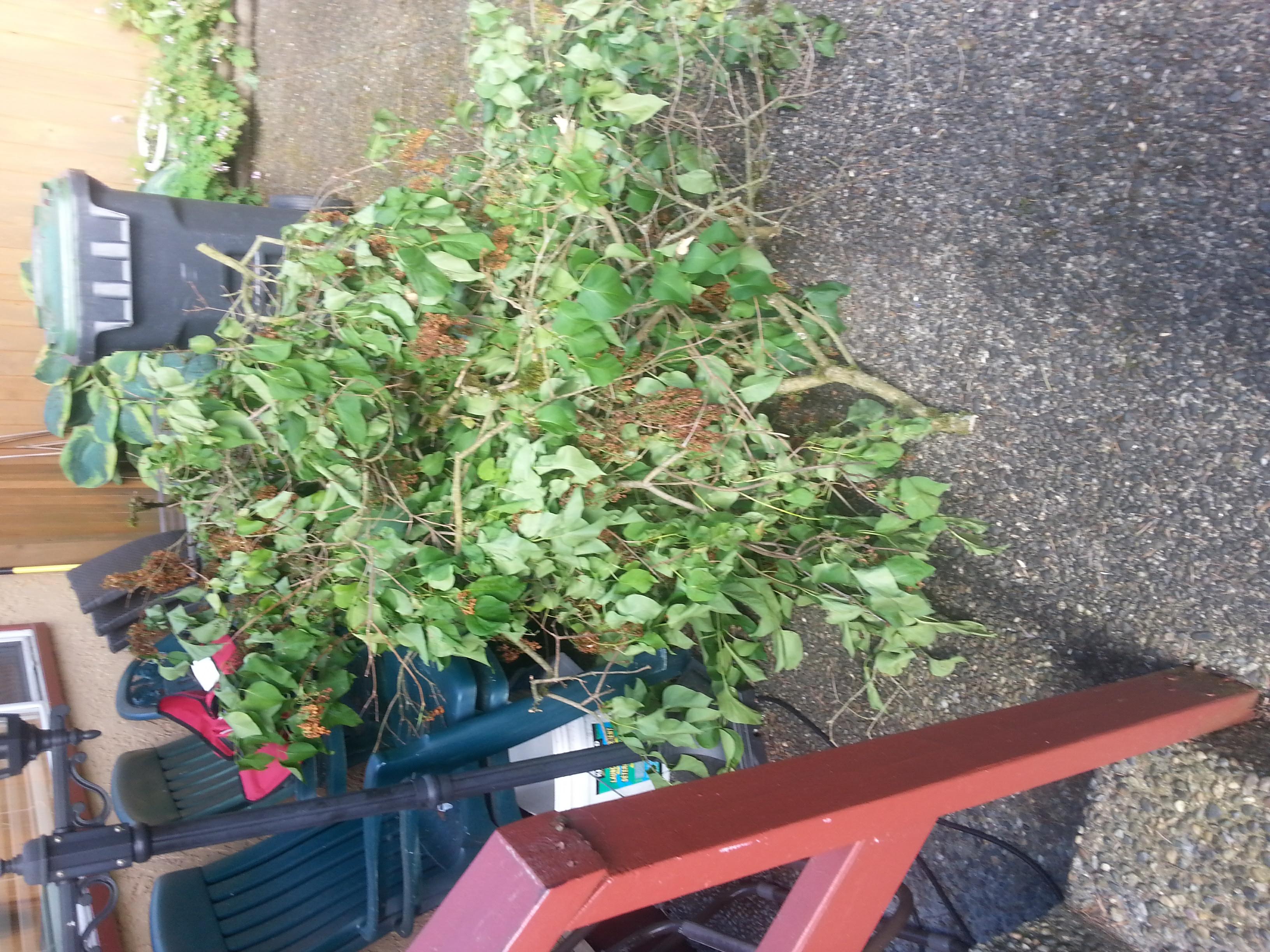22 percent of Millennial's say they have “no friends”
I was aware of the issue of loneliness and how dangerous it is to the health and well being of our senior population. In fact, I am on a team looking at the issue of isolation and loneliness in my city. However, I was not aware that loneliness was an issue among Millennials until I read the following article by Brian Resnick Aug 1, 2019. For the full article go here,
Today, members of the millennial generation are ages 23 to 38. These ought to be prime years of careers taking off and starting families before joints really begin to ache. Yet as a recent poll and some corresponding research indicate, there’s something missing for many in this generation: companionship.
A recent poll from YouGov, a polling firm and market research company, found that 30 percent of millennials say they feel lonely. This is the highest percentage of all the generations surveyed.
Furthermore, 22 percent of millennials in the poll said they had zero friends. Twenty-seven percent said they had “no close friends,” 30 percent said they have “no best friends,” and 25 percent said they have no acquaintances. (I wonder if the poll respondents have differing thoughts on what “acquaintance” means; I take it to mean “people you interact with now and then.”)
In comparison, just 16 percent of Gen Xers and 9 percent of baby boomers say they have no friends.
The poll, which looked at 1,254 adults 18 and up, did not report results for the up-and-coming Gen Z (who report high levels of loneliness on other surveys), or for the oldest adults in the country. And we should note: Loneliness tends to increase markedly after age 75; social isolation among the elderly remains a huge problem that will only grow worse as baby boomers age. So perhaps it’s not the case that millennials are the loneliest of all.
If this generation is truly lonelier, that’s concerning for a number of reasons: Research shows that loneliness tends to increase as we get older. What will happen to millennials, who are already reporting high levels of loneliness, when they reach old age?
But while there may be something particular happening with millennials, it’s also possible loneliness naturally ebbs and flows throughout life. In 1990 a meta-analysis (a study of studies), which included data on 25,000 people, found that “loneliness was highest among young adults, declined over midlife, and increased modestly in old age.”
More recently, in a 2016 paper, researchers in Germany found a peak of loneliness in a sample of 16,000 Germans at around age 30, another around age 50, and then increasing again at age 80.
The bigger point, she said, was “researchers have ignored that loneliness can happen at any time.”
And that’s important. Because loneliness is bad for our health.
Loneliness is associated with higher blood pressure and heart disease — it literally breaks our hearts. A 2015 meta-review of 70 studies showed that loneliness increases the risk of dying by 26 percent. (Compare that to depression and anxiety, which is associated with a comparable 21 percent increase in mortality.) There’s evidence that chronic loneliness can turn on genes involved with inflammation, which can be a risk factor for heart disease and cancer.
Make no mistake: We need the stress. We need some amount of loneliness. The pain of loneliness is a reminder that we are social creatures who need other people. It’s also important to recognize that loneliness isn’t the same as having a few friends. It’s the perceived social isolation that harms us. We can certainly have fulfilling, protective relationships with just a few people.
“As long as we then do what we should do — reconnect with people — then loneliness is a good thing,” Luhmann said. “It becomes a bad thing when it becomes chronic. That’s when the health effects kick in. And it becomes harder and harder to connect with other people the longer you are in the state of loneliness.”

Articles from Royce Shook
View blog
After retiring, the daily grind of commuting, meeting deadlines, working for a demanding boss, and a ...

My thanks to Walter and his sense of "old" humour for these · 'OLD' IS WHEN... · Your sweetie says · ...

Subjective ageing can impact an individual's behaviour and can influence how we behave, which can ha ...
Related professionals
You may be interested in these jobs
-
Lead Software Engineer, Platform
Found in: Jooble CA O C2 - 4 days ago
DraftKings CanadaWe're defining what it means to build and deliver the most extraordinary sports and entertainment experiences. Our global team is trailblazing new markets, developing cutting-edge products, and shaping the future of responsible gaming. · Channeling your inner grit will accelerat ...
-

Principal Electrical Engineer
Found in: beBee S2 CA - 3 weeks ago
BBA inc. Vancouver, Canada Full timeWorking for BBA means being part of a team of talented people who have the passion to succeed and the drive to excel in order to provide first-class service to clients. · Recognized for its extensive field experience and cutting-edge expertise, BBA has been delivering a comprehen ...
-

Electrical Designer
Found in: Talent CA C2 - 3 days ago
SNC-Lavalin Toronto, Canada Full timeJob Description · Electrical Designer · Are you looking for a company that works on major engineering projects all over the world? Do you want to make a difference by improving the daily lives of communities worldwide? Are you seeking to join an inclusive and diverse team that ...


Comments
Royce Shook
4 years ago #5
John Rylance
4 years ago #4
Royce Shook
4 years ago #3
Jerry Fletcher
4 years ago #2
Royce Shook
4 years ago #1